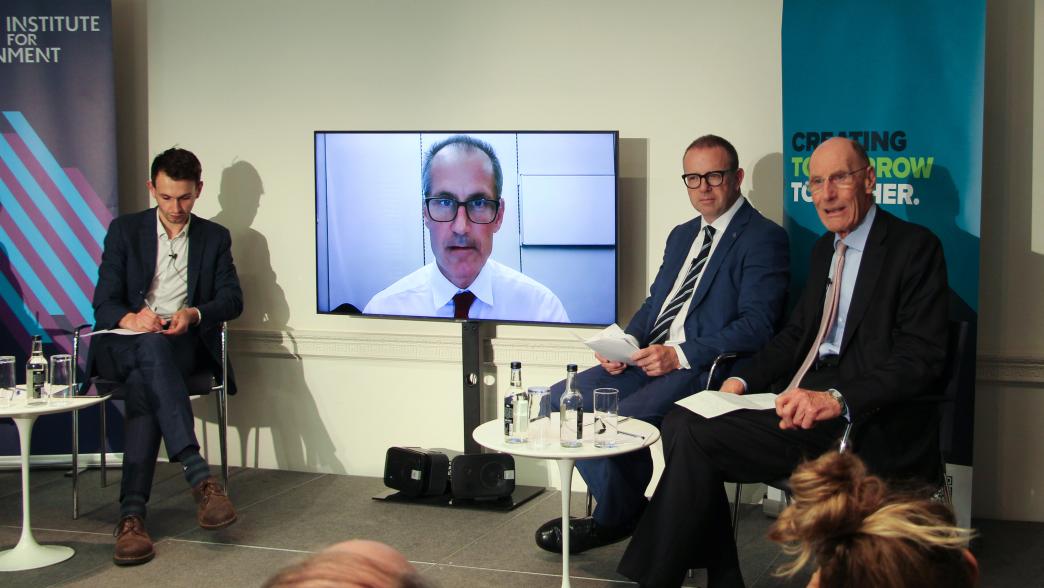How can the government provide certainty over its investment plans to promote growth?
This event explored this key question from both the perspective of the government and industry.

This event explored this key question from both the perspective of the government and industry.

HS2's troubled history points to deeper problems with the way the UK plans major infrastructure projects.
A review on what infrastructure policies are likely to contribute to levelling up by increasing productivity in places outside the South East.
What the chancellor's announcement revealed about the government's plans for tax and spending policy.
The Expert Factor team examine one of the thorniest questions in politics of how to pay for our health care.